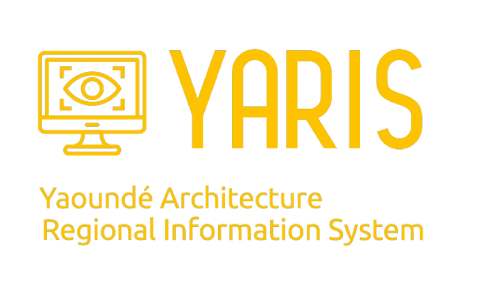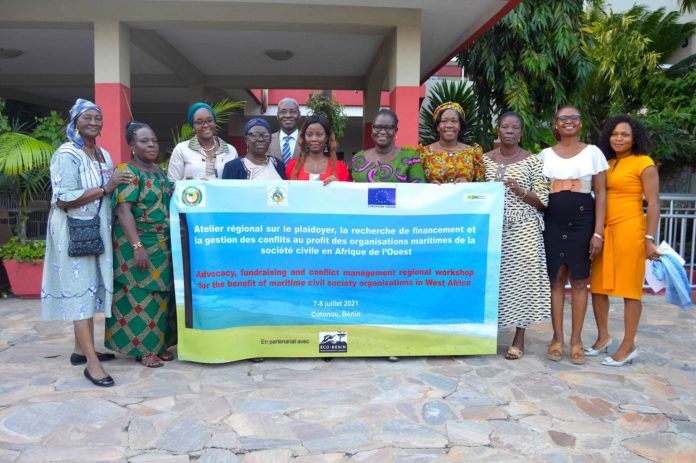The oceans are essential to the balance of our ecosystem and our survival on earth. They play a crucial role in the planet’s climate system and are the main source of protein for more than 3 billion people. Around these issues, the Gulf of Guinea is confronted with serious problems linked to maritime crime. These include, among others , illegal, unreported and unregulated fishing(INN), illegal migration, pollution, human rights or even maritime piracy. Faced with these challenges, civil society is organizing itself, alongside state actors and the private sector, through various initiatives to strengthen maritime security in the Gulf of Guinea. In 2018 in Lomé, the capital of the Republic of Togo, the collective of deltas of the Gulf of Beninhas been created. This collective of national and international Non-Governmental Organizations operating in Côte d’Ivoire, Ghana, Togo, Benin and Nigeria is a voluntary platform of actors anchored in these territories and in contact with local communities in the areas of estuary, mangroves and riverine systems. Clearly, civil society is committed to protecting the oceans. But their efforts are sometimes hampered by insufficient training and difficulties in finding funding for their activities.
This is the challenge of the regional seminar on advocacy, fundraising and conflict management for the benefit of maritime civil society organizations in West Africa , which took place from 7 to 8 July 2021 at the Hotel du Lac in Cotonou. Organized by the project ” Support for integrated maritime security in West Africa – SWAIMS», In partnership with the NGO Eco Benin, this initiative aims to engage civil society in playing its role in the implementation of the maritime safety and security architecture of the Economic Community of African States. ‘West – ECOWAS. It was Dr Abdourahmane DIENG, Head of the Regional Security Division of the ECOWAS Commission, who was unable to make the trip to Cotonou, who proceeded via videoconference to the official opening of this workshop. This event, which brought together around thirty participants from 7 ECOWAS countries (Benin, Ivory Coast, Ghana, Guinea, Nigeria, Senegal and Togo), according to him, “ is in line with the ECOWAS policy aimed at promoting a broader engagement of civil society in the fight against insecurity ”.

